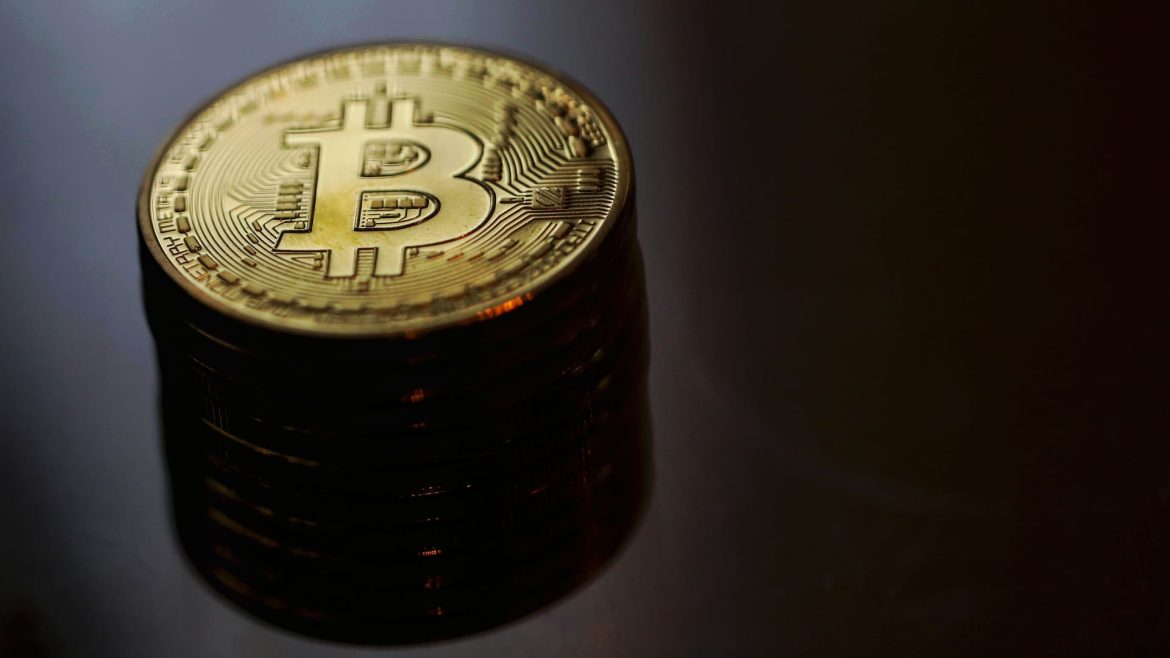**Bitcoin Soars to $40,000 Amid Anticipation of ETF Approval and Interest Rate Cuts**
Bitcoin, the world’s largest cryptocurrency, has been stealthily rising in 2023. On Monday in Asia, it crossed the $40,000 mark for the first time this year, driven by anticipation of a bitcoin exchange-traded fund (ETF) approval and bets on U.S. interest rate cuts. The surge of over 4% on Monday to a 19-month high, with trade as high as $41,520, marked the first time since May 2022 that bitcoin breached the $40,000 level.
*First Time in 19 Months: Bitcoin Surges to $41,520*
This marks Bitcoin’s increase of more than 145% from the start of the year. Antoni Trenchev, co-founder of digital asset company Nexo, commented, “Now that $40,000 has been revisited for the first time in almost 19 months, $48,000 and $52,000 look to be the next significant lines in the sand.”
The anticipation for a bitcoin ETF approval received a boost from the news that U.S. Securities and Exchange Commission (SEC) officials met with representatives from Grayscale, BlackRock, and the Nasdaq. The SEC had previously blocked the potential conversion of the Grayscale Bitcoin Trust, but Grayscale challenged the decision in court and won.
**Securities and Exchange Commission Meets with Industry Players**
The boosting of confidence that a bitcoin ETF may eventually be approved has pushed up the price of the world’s largest cryptocurrency. Trenchev noted, “How swiftly Bitcoin marches towards $50,000 might well depend on when a spot-Bitcoin ETF is approved and even then, there’s no guarantee the much anticipated nod from the SEC will put a rocket booster under the price.”
Federal Reserve Chairman Jerome Powell’s comments on interest rates also impacted the market. Powell stated that it’s too early to talk about cutting interest rates right now, and the central bank will be “keeping policy restrictive” until inflation is solidly returning to 2%. He also mentioned the possibility of more hikes, saying, “it is premature to conclude with confidence that we have achieved a sufficiently restrictive stance.” CNBC’s Jesse Pound and Jeff Cox contributed to this report.
